Donald Kirkpatrick introduced his four-level Kirkpatrick Model for training evaluation in 1959, and it became a training industry standard. Here, his son and daughter-in-law, Jim D. Kirkpatrick and Wendy Kayser Kirkpatrick, discuss the next step – the Kirkpatrick Business Partnership Model, a seven-part program that training professionals can implement to align their training programs with their company’s business objectives. getAbstract recommends this easy-to-read book to training managers, HR officers, instructional designers and related professionals.
Is Training Worth the Cost?
Training professionals must demonstrate the business value of training. They must present their cases as if they were defense attorneys arguing the value of training to a jury of crucial stakeholders. These young attorneys want to prove that training improves business and is worth the costs involved.
To demonstrate training’s value, begin by understanding the four-level Kirkpatrick evaluation model for training and learning:
- “Reaction” – How do participants evaluate the training program, training events, learning materials and the overall usefulness of what they learned?
- “Learning” – Did the participants learn what they were supposed to?
- “Behavior” – How do participants apply what they learned to their jobs?
- “Results” – Did the training program achieve its objectives?
Classroom events, study materials, course schedules and instructors are components of sound training, but so is the way you come across as a training manager and your relationship with senior executives. The point of training...
James D. Kirkpatrick, PhD, is the president of Kirkpatrick Partners LLC, a training evaluation consulting firm, where Wendy Kayser Kirkpatrick is the director.










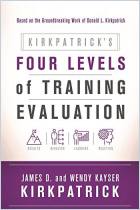
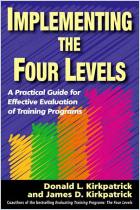

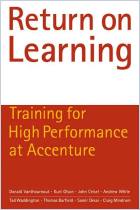
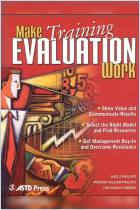
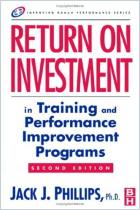

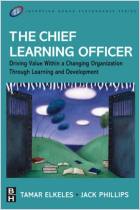




Comment on this summary